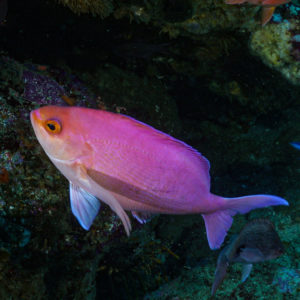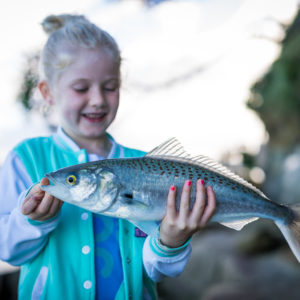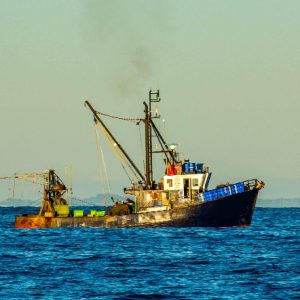Regulations protecting striped marlin as a recreational-only fishery are under threat by commercial fishermen who want to keep and sell marlin. The Ministry for Primary Industries appears to be wavering in their support for the existing regulations. They will be advising the Minister, Nathan Guy, who will then decide whether to retain the status quo.
Recreational fishing groups are adamant that marlin must remain a non-commercial species. Richard Baker, the New Zealand Sport Fishing Council spokesperson, says the Council rejects any proposal to remove the non-commercial status of marlin in New Zealand.

“Our striped marlin fishery is world-class and it generates around $90 million per annum for the country. Many tourists tag and release their catch and this effort helps to conserve fish stocks while contributing to important data collection. “Council records show declining recreational catches in recent years, despite improved technology. Having a healthy marlin fishery contributes to the national economy and the wellbeing of people and businesses in our coastal communities.”
Existing regulations have been in place since the 1987 moratorium banning the commercial capture and sale of marlin. Swordfish was reclassified as a bycatch species in exchange for the 1987 regulations protecting striped marlin.
Swordfish is no longer a bycatch; it has become a major target species for surface longliners. In 2010 the southwest Pacific striped marlin was in an overfished state. Since 2010 there has been an exponential increase in the number of Chinese funded fishing vessels in the region.
Recreational interests are disturbed that surface longlining and purse seining has already lead to the demise of the once-thriving yellowfin tuna fishery. They do not want a similar decline in striped marlin.
Sheryl Hart, spokesperson for the New Zealand Recreational Fishing Council, is very concerned, “Issuing commercial quota for striped marlin will inevitably lead to more fish dying due to commercial fishing.”
LegaSea has launched a web campaign to enable people to voice their concerns to the Minister and other party fisheries spokespersons. Mandy Kupenga, LegaSea’s national project leader, is positive that people will support the cause. “Recreational fishers are passionate about taking care of our fishing resources. LegaSea is giving all New Zealanders an opportunity to be heard, and to support the people fighting on our behalf”.




